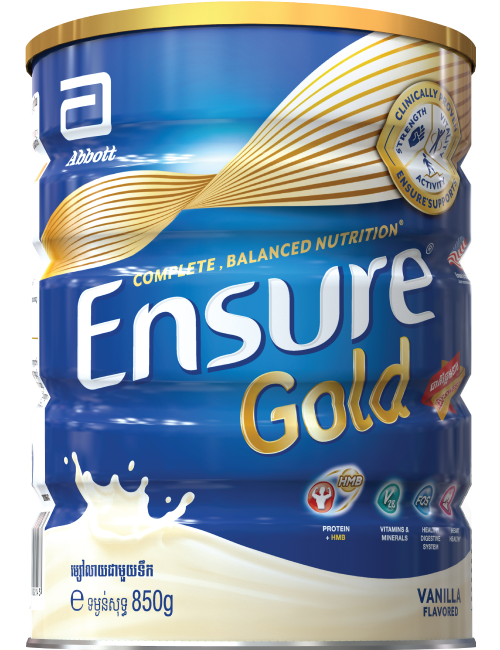The Early Stages of Type 2 Diabetes
High Levels of Insulin and Insulin Resistance Pose Health Risks
The human body is not meant to have high levels of circulating insulin. High insulin levels may keep blood sugar levels normal, or near normal; however, in some people, the potential damage to health can be significant. Let's look at some of the problems that occur when a person has high circulating levels of insulin and insulin resistance:
- Triglyceride levels increase. Higher-than-normal triglycerides, a type of blood fat or blood lipid, may increase a person's risk of developing atherosclerosis or artery-clogging heart disease.
- HDL cholesterol, the so-called good cholesterol fraction, drops. Extensive research reveals that people with lower HDL cholesterol levels have an increased risk for atherosclerosis.
- The body retains sodium, which can lead to fluid retention. Among other things, fluid retention can raise blood pressure.
- Blood pressure rises, causing stress on the cardiovascular system.
- Blood-clotting mechanisms become overactive. Excess insulin levels cause the body to produce fibrinogen, one of the body's blood-clotting mechanisms, in too-high levels. Among other problems, high fibrinogen levels can cause the formation of tiny blood clots that can clog arteries and contribute to atherosclerosis.
- LDL cholesterol, the so-called bad cholesterol fraction, changes and becomes abnormally dense. Dense LDL cholesterol also increases the risk for atherosclerosis.
The majority of people who have insulin resistance often develop impaired glucose tolerance, which takes them one step closer to type 2 diabetes. Click here for our article on Understanding Impaired Glucose Tolerance.
The Definition of Insulin Resistance
Insulin resistance is a condition of higher-than-normal levels of insulin that often comes before the development of type 2 diabetes. The pancreas responds by pumping out more insulin, but the body's cells don't respond to the insulin "key" that is supposed to unlock the "door" to let the glucose in. Over time, a person with insulin resistance secretes more and more insulin to move the same amount of glucose into cells, where it is needed for energy.






